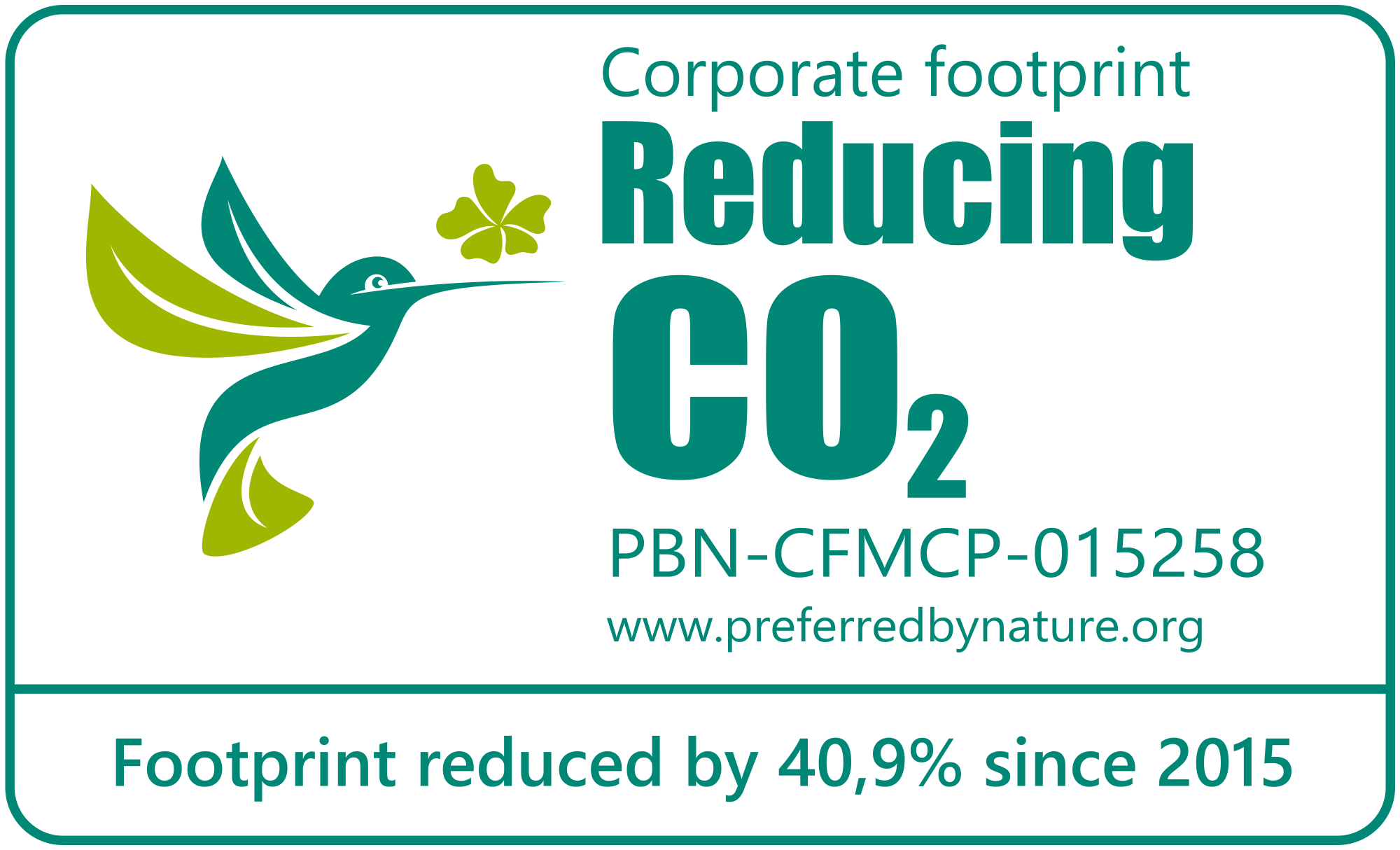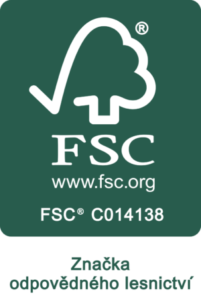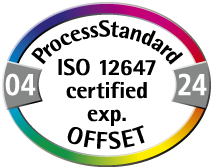FINIDR Internal Reporting System
This tool has been created to report a suspected violation that has come to the attention of the whistleblower in connection with work or other similar activity and that has the characteristics of a crime or offence or falls within one of the specified areas. These are the protection of internal order, safety and security, life and health, environmental protection, consumer protection, personal data protection, asset safeguarding, financial fraud and corruption, etc.
Information before reporting
The whistleblower of any suspected violation must be acting in good faith at the time of reporting and have reasonable grounds to believe that the report he or she is making is based on credible, true and correct facts.
No person may knowingly provide false information or pursue his or her own interests through the report. Such conduct may be subject to disciplinary action.
When obtaining information proving that the event to be reported is true, the whistleblower should not engage in conduct that could constitute a criminal offence.
Reporting options:
1. Internal Reporting System::
- Electronically by email: whistleblowing@finidr.cz
- By telephone: +420 558 772 189 / +420 558 772 147
- In writing to: WHISTLEBLOWING
FINIDR, s.r.o.
Lípová 1965
Český Těšín
737 01 - In person: upon agreement by calling one of the above telephone numbers or by email
2. External Reporting System:
Ministry of Justice
Information to be included in the report:
- The area of the violation being reported.
- When the violation occurred (date, time and period if applicable).
- Location of the violation.
- Who is the suspected violator.
- How the violation is alleged to have occurred.
- Details of the actions taken in relation to the violation.
- An estimate of the damage caused by the violation.
- Who else was notified of the violation, when and how.
- Documentation of the violation, if available. If such documentation is not accessible but does exist, indicate what it is and where it is kept.
- Contact details of the whistleblower (name, surname, date of birth, contact address).
The scope and quality of the information provided can have a positive impact on the way the report is investigated.
What happens next:
The whistleblower will be kept informed of the receipt and handling of the report in due time. After reviewing the report, the whistleblower may be asked to provide complementary information or to clarify the information provided.*
*This does not apply if the whistleblower requests not to be notified, if the identity of the whistleblower is unknown, or if contacting the whistleblower would compromise the protection of his or her identity or the protection of his or her personal data.






